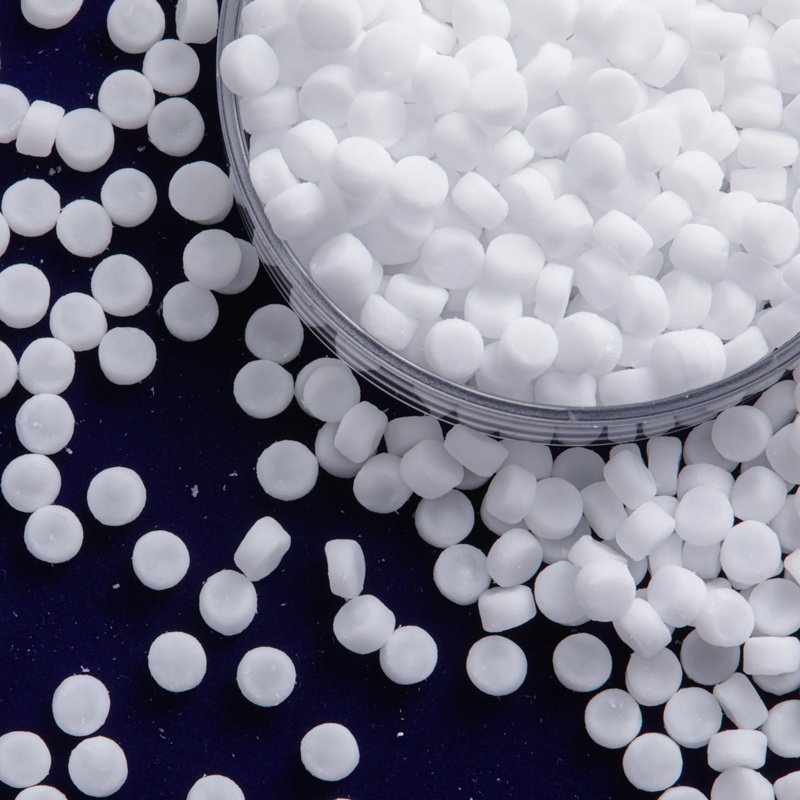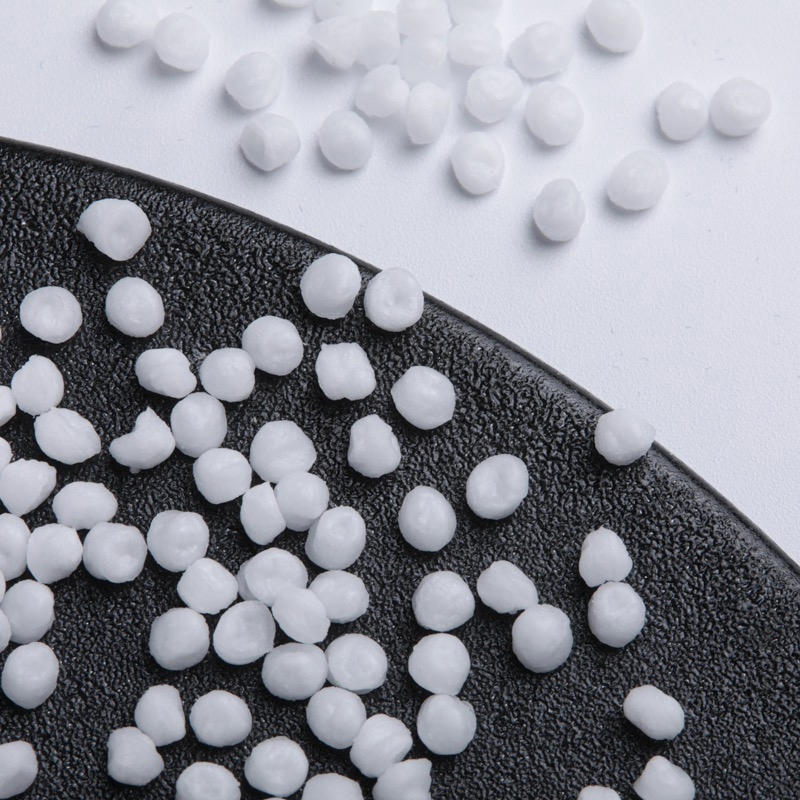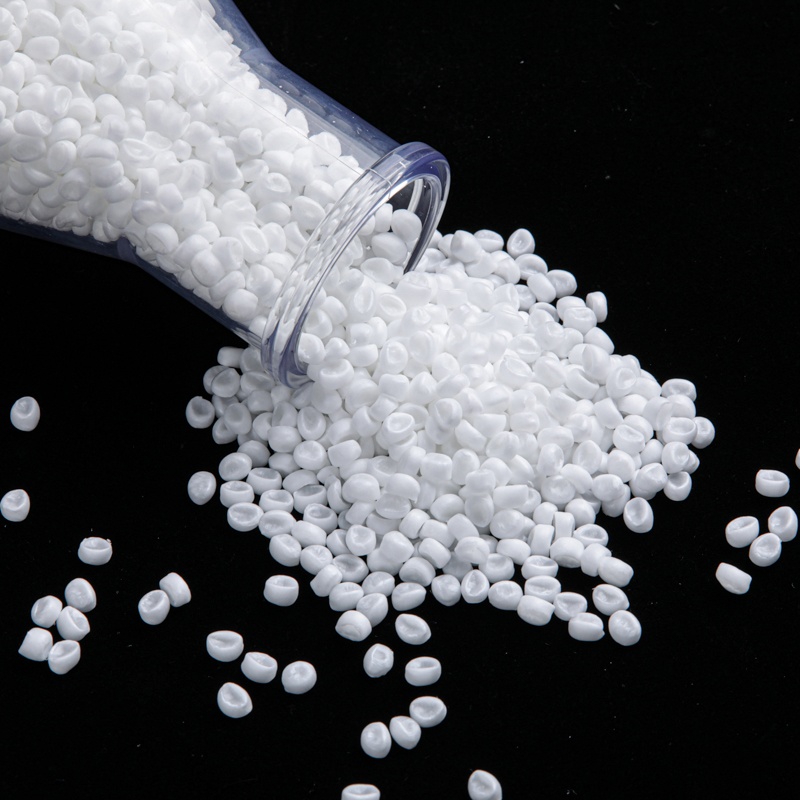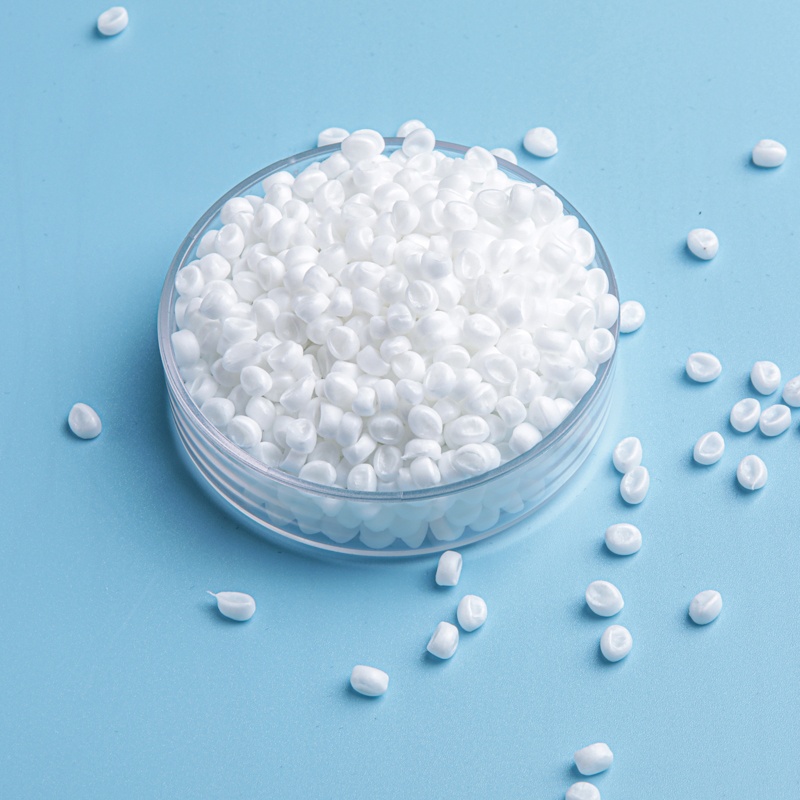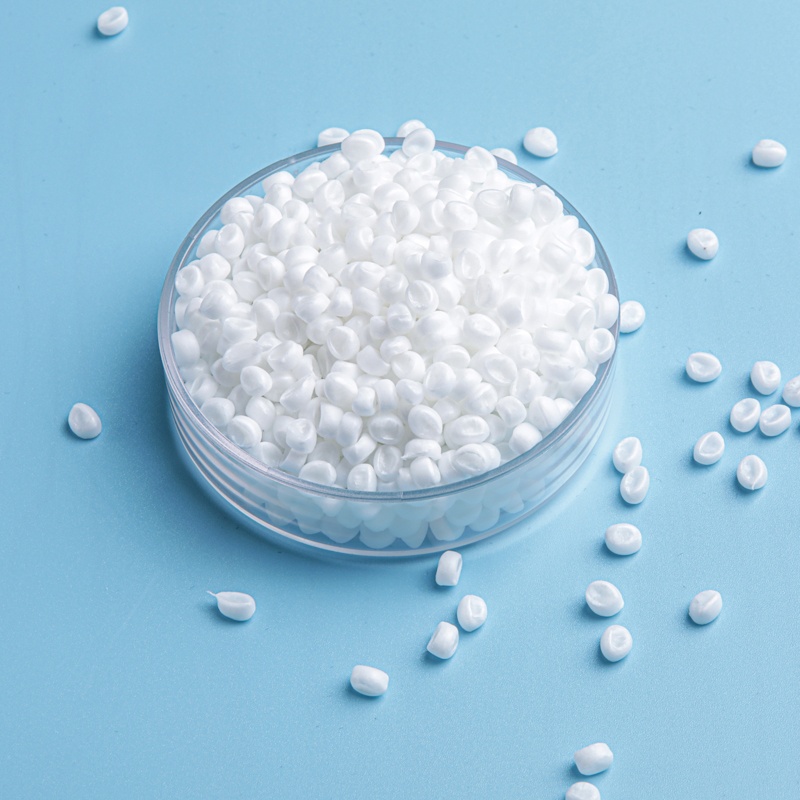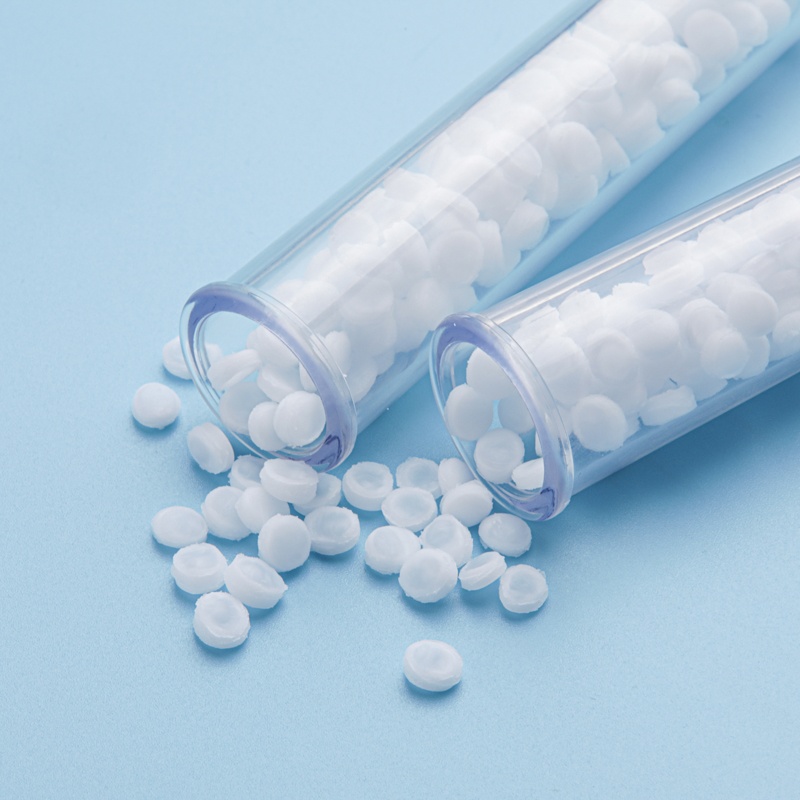Introduction: To increase the scratch resistance of materials, silicone anti-scratch compounds are frequently employed in a variety of sectors. Halogen-free wire and cable, on the other hand, raises questions regarding the potential effects of these substances on electrical performance and fire resistance.
1. Educating Oneself About Silicone
Anti-Scratch Agents: Silicone anti-scratch agents are additives used to improve the scratch resistance of materials by coating their surfaces with them. These substances provide a shield that shields the material from scratches and abrasions, increasing its life. In a variety of industries, including automotive, electronics, and construction, silicone anti-scratch compounds are frequently utilized.
2. Halogen-free wire and cable’s importance for electrical performance
In situations where fire safety is an important consideration, halogen-free wire and cable are frequently employed. In the case of a fire, these products are intended to reduce the emission of harmful gases and smoke. However, electrical performance is equally crucial because any deterioration in insulation or conductivity can cause problems or pose a safety risk.
3. Assessing the Impact on Electrical Performance
Extensive testing and analysis are needed to determine whether silicone anti-scratch compounds have an impact on the electrical performance of halogen-free wire and cable. Before and after applying silicone anti-scratch compounds, a number of factors need to be assessed, including resistance, insulating resistance, and dielectric strength. According to studies, these substances have a minimal effect on the electrical performance of halogen-free wire and cable when employed in the proper concentrations.
4. Evaluating the Impact on Fire Resistance
Halogen-free wire and cable must have strong fire resistance. They are meticulously constructed using carefully chosen materials to provide reduced emissions of smoke and toxicity in the event of a fire. The fire resistance of these materials shouldn’t be harmed by the use of silicone anti-scratch compounds. To ensure their compatibility, however, fire tests must be carried out. According to research, appropriately designed silicone anti-scratch compounds have no detrimental effects on the fire resistance of halogen-free wire and cable.
5. Support for Halogen-Free Wire and Cable Production Methods
The ability of silicone anti-scratch compounds to work with halogen-free wire and cable manufacturing processes is a crucial factor to take into account. Extrusion, cross-linking, or any other procedures used to create these materials shouldn’t be hampered by these agents. The chosen silicone anti-scratch compounds must be simple to integrate into the manufacturer’s existing processes without having any negative consequences.
The electrical performance and fire resistance of halogen-free wire and cable are not severely impacted by silicone anti-scratch compounds when applied properly. These agents can be safely included into the manufacturing processes without compromising the desirable qualities of the materials, according to extensive testing and analysis. To ensure compatibility and ideal performance, producers must carefully choose and formulate the silicone anti-scratch agents. They can accomplish this without compromising the electrical performance or fire resistance of halogen-free wire and cable, increasing its scratch resistance.
Related Products


